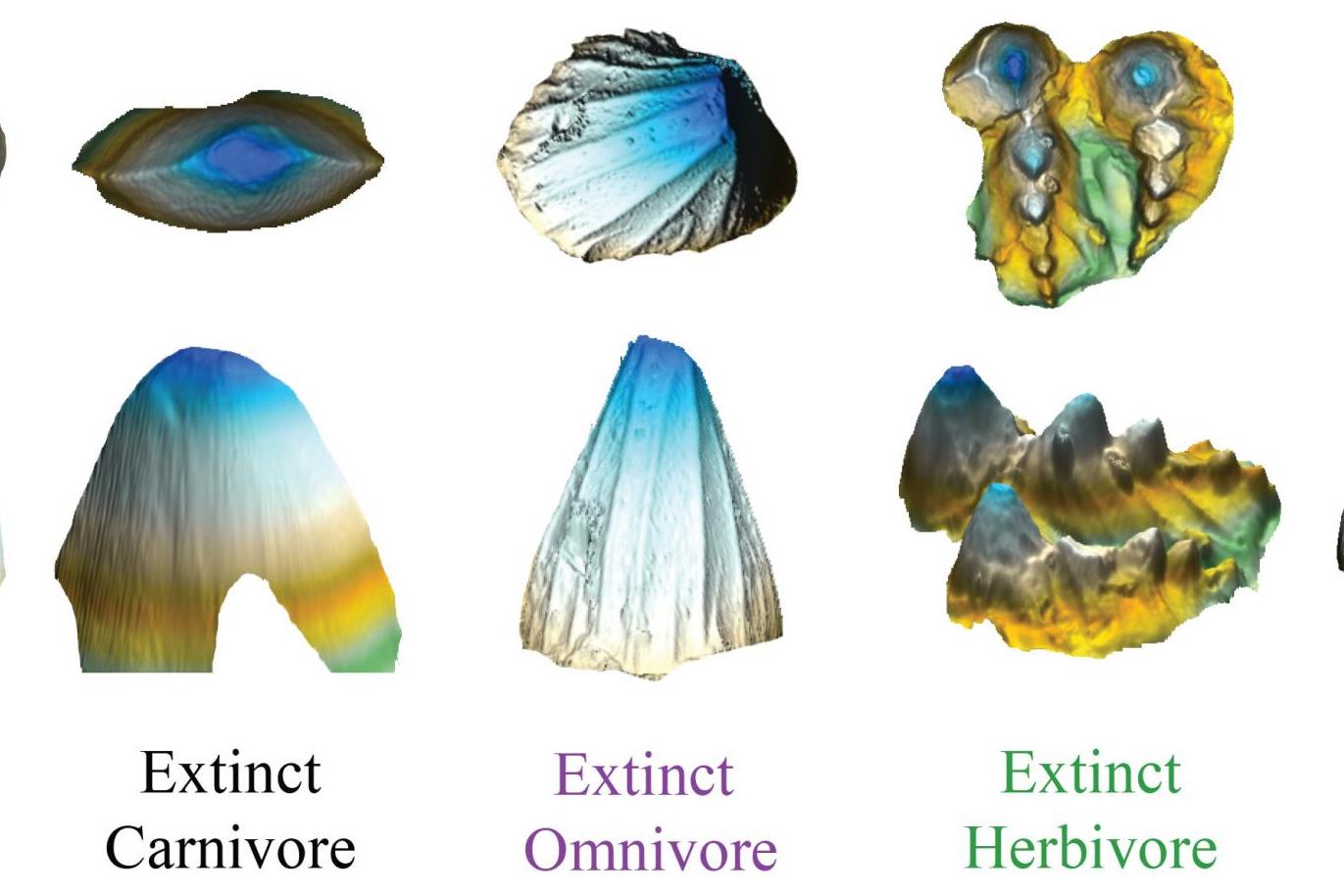Crocodiles living 200 million years ago were vegetarians, study finds
‘The most interesting thing we discovered was how frequently it seems extinct crocodyliforms ate plants,’ says study author Keegan Melstrom
Your support helps us to tell the story
From reproductive rights to climate change to Big Tech, The Independent is on the ground when the story is developing. Whether it's investigating the financials of Elon Musk's pro-Trump PAC or producing our latest documentary, 'The A Word', which shines a light on the American women fighting for reproductive rights, we know how important it is to parse out the facts from the messaging.
At such a critical moment in US history, we need reporters on the ground. Your donation allows us to keep sending journalists to speak to both sides of the story.
The Independent is trusted by Americans across the entire political spectrum. And unlike many other quality news outlets, we choose not to lock Americans out of our reporting and analysis with paywalls. We believe quality journalism should be available to everyone, paid for by those who can afford it.
Your support makes all the difference.Long-lost crocodile species living 200 million years ago were vegetarians, a new study has found.
Tooth fossils revealed between three and six members of the ancient crocodile and alligator family evolved specialised teeth for chewing on plants.
Study author Keegan Melstrom, a doctoral student at the University of Utah, analysed 146 teeth from 16 crocodyliforms.
He said: “The most interesting thing we discovered was how frequently it seems extinct crocodyliforms ate plants. Carnivores possess simple teeth whereas herbivores have much more complex teeth.”
According to the study, published in Current Biology, this evolved separately in each of the species, suggesting it was a very successful adaptation.
The plant-eating creatures appeared early in the evolutionary history of the group shortly after the end-Triassic mass extinction 200 million years ago. They would have then been killed off 66 million years ago in the end-Cretaceous mass extinction that killed off all dinosaurs except birds.
All crocodiles alive today have a similar body shape with relatively simple, conical teeth ideal for ripping apart meat. However, the tooth fossils were clearly non-carnivorous and appeared to have specialised forms not seen in modern-day animals.

To work out what they ate, researchers compared the size and shape of teeth in extinct crocodiles with those around today.
“Our work demonstrates that extinct crocodyliforms had an incredibly varied diet,” said Mr Melstrom.
“Some were similar to living crocodylians and were primarily carnivorous, others were omnivores and still others likely specialised in plants. The herbivores lived on different continents at different times, some alongside mammals and mammal relatives, and others did not.
“This suggests that an herbivorous crocodyliform was successful in a variety of environments.”
Scientists are now looking to reconstruct the diets of these extinct crocodiles, including in fossilised species that are missing teeth.
Mr Melstrom wants to find out why crocodiles diversified so radically after the end-Triassic mass extinction but not after the end-Cretaceous mass extinction, when the vegetarian crocodiles were wiped out.

Join our commenting forum
Join thought-provoking conversations, follow other Independent readers and see their replies
Comments